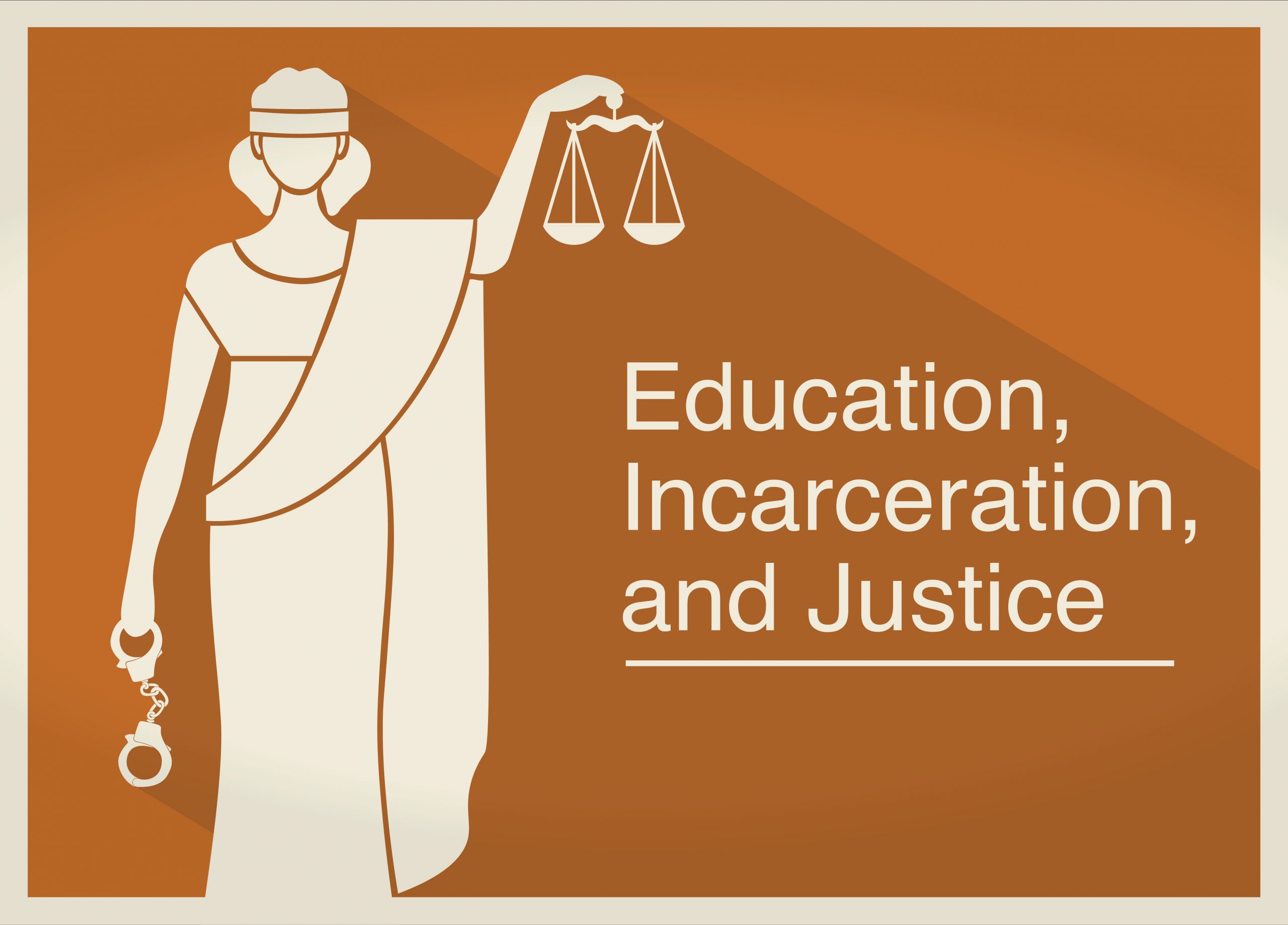
KEISER PERMANENTE PRAXIS LAB: EDUCATION, INCARCERATION, AND JUSTICE
College of Education Newsletter.pdf
This Praxis Lab will meet Fall 2016-Spring 2017 Mondays 2:00-5:00pm
Sponsored by a generous grant from the Kaiser Permanente Company.The United States incarcerates more people than any other nation in the history of the world, with over 2.2 million people behind bars and over eight million individuals under some form of state control such as parole, electronic monitoring, or other form of government supervision. The carceral state has swelled over the last three decades to encompass political, ideological, and financial interests that together sustain deep investments in the perpetuation of prisons and other institutions of confinement. Concentrated policing and discriminatory sentencing practices have disproportionately targeted low-income populations and communities of Color, resulting in widespread disenfranchisement across generations.
In this Praxis Lab, students will explore the historically rooted relationship among education, incarceration, and justice. Current statistics indicate that most people enter prison without a high school diploma or GED at the time of their arrest. In what has come to be popularly known as the school-to-prison pipeline, the absence of secondary credentials are posited as a predictor of criminal justice involvement. Between 1970 and 2010, nearly all of the 700 percent increase in incarceration was concentrated among those with no formal college education and accessing college behind bars is unlikely, as less than 2% of all incarcerated people are enrolled in a degree-granting program. The issue of whether incarcerated people should have access to education is still up for debate and in this course we will explore the reasons why access to education remains contentious, regardless of political leanings and moral commitments.
Students will be introduced to contemporary research, activism, and policy debates surrounding mass incarceration as well as visit physical sites of state punishment, such as jails, prisons, and juvenile detention centers. Together, we will learn about national organizations and robust college-in-prison programs that provide educational opportunities to individuals under incarceration and assist with re-entry and enrollment in college post-release. We will connect with the state Department of Corrections and the Utah County Sheriff’s Office. We will read work written by currently and formerly incarcerated people, as well as felony-disenfranchised individuals, and hear from directors of leading college-in-prison programs across the country. We will wrestle with difficult questions that lie at the heart of what it means to be human: What do we think people deserve, and why? From where do our collective desires to punish come? Do we imagine the same kind of education for incarcerated and non-incarcerated people, and why or why not? If mass imprisonment is not the answer, then what is?
Join us as we learn about and think through these and other questions about one of the most pressing social challenges of our time.
Faculty
Erin Castro, PhD- Assistant Professor, Educational Leadership&Policy
Guided by a commitment to educational equity and justice, Dr. Castro’s research, teaching, and service seek to understand the specific responsibility of public higher education in an increasingly divided and unequal society. Her work examines material and discursive barriers to postsecondary education for systematically disadvantaged populations, including incarcerated and felony disenfranchised individuals. Her scholarship is published in The Journal of Critical Scholarship in Higher Education and Student Affairs, Education Policy Analysis Archives, and New Directions for Community Colleges, among other outlets.
Dr. Castro is an Instructor Affiliate with the Education Justice Project through the University of Illinois at Urbana-Champaign, a model college-in-prison program serving incarcerated students in East Central Illinois. Her public engagement and action research regarding access to higher education for incarcerated individuals was most recently highlighted in the Chicago Tribune and can be seen in the Salt Lake Tribune and the Official Division J Blog of the American Educational Research Association. Her current projects include a nationwide descriptive analysis of college-in-prison programming, anti-racist theorizations regarding access to high quality education for incarcerated people, and a critical race analysis of college readiness outreach efforts.
Dr. Castro earned a PhD in Education Policy Studies from the University of Illinois at Urbana-Champaign and is currently an Assistant Professor of Higher Education in the Department of Education Leadership and Policy and an instructor for Gender Studies at the University of Utah. You can follow her on Twitter at @elcastro22.
J. Roberto Garcia, PhD– Assistant Professor, College of Education Weber State University
I am a transplant from Rhode Island. I grew up in Providence and had lived there until my move. I have taught in urban schools since my early 20’s. First at a Career and Technical School, then three years later as an ELA teacher with one of New England Small School Network’s (Now the Center for Collaborative Education) sponsored schools. I completed my doctorate in 2012 and began writing and presenting on constructive practices for urban educators. I currently teach at Weber State University’s Teacher Education Department courses on diversity, urban education, and history.
